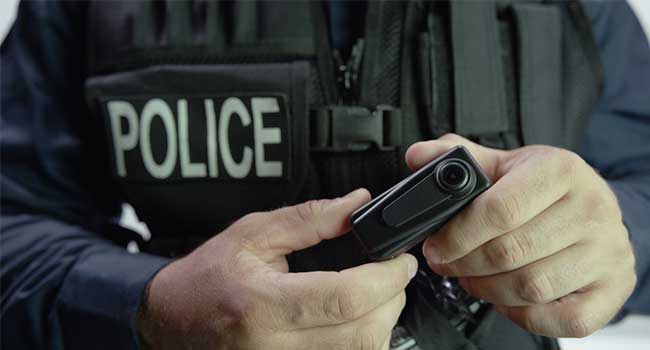
Boston to get 400 Body Cams After Pilot Program Finds Benefits
Boston Police Department is looking to phase in 400 body cameras after a yearlong pilot program showed benefits of the tech.
- By Sydny Shepard
- Aug 06, 2018
Boston, Mass. Mayor Martin J. Walsh said that the city will begin a full-scale police body camera program, two years after officers were asked to conduct a yearlong pilot program of the technology.
Confirming the conclusion of an analysis released earlier this year, a report of the pilot program found that the number of complaints against officers who used the cameras, as well as the officers' reported use of excessive force, dropped slightly. The mayor called this "small but meaningful benefits" for residents and the police officers.
The report found that placement of the cameras on the officers did not alter their regular work activities or reduce their productivity. It also stated that there was no noticeable different in the number of dispatched calls received, officer-initiated calls, crime incident reports completed, arrests made, or Field Interrogation and Observation reports, which include incidents in which an officer stops someone based on a suspicion.
The mayor said the first phase will include the purchase of up to 400 cameras and related equipment. He offered no details on which officers would wear the cameras, or when, but he noted that the city had committed $2 million in startup costs for the fiscal year that began on July 1.
The mayor said he is in discussions with the city's police unions, who initially went to court to stop the pilot program, over how to phase in the program.
Police Commissioner Williams Evans said that the city will likely roll out the program in each of its five coverage areas one at a time.
"I think everyone has a greater appreciation for the cameras," Evans said. "The public realizes it is a good thing, and the police officers realize it is a good thing."
About the Author
Sydny Shepard is the Executive Editor of Campus Security & Life Safety.